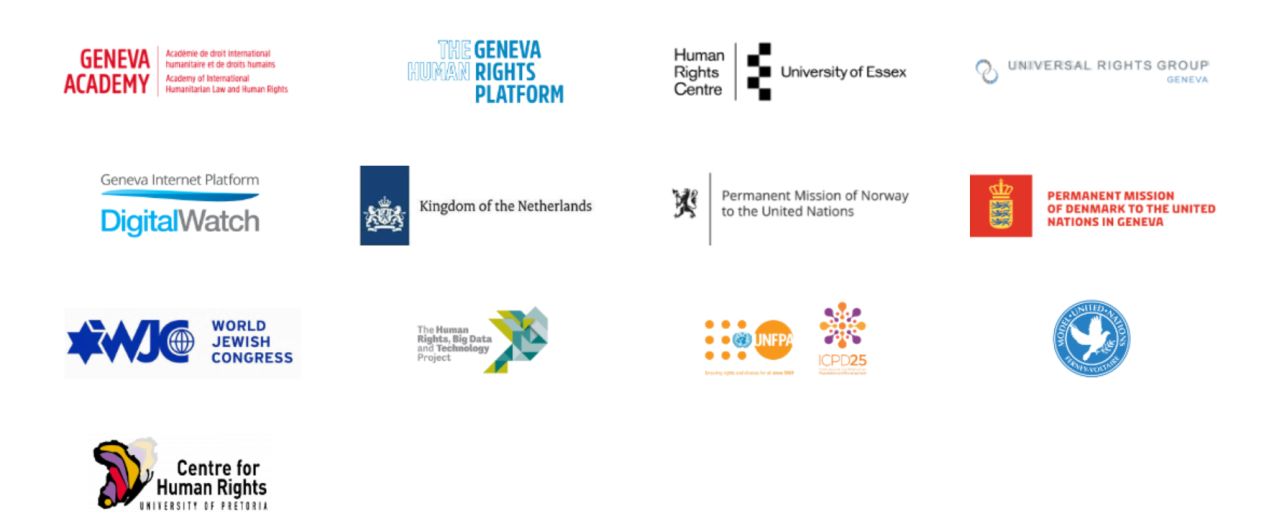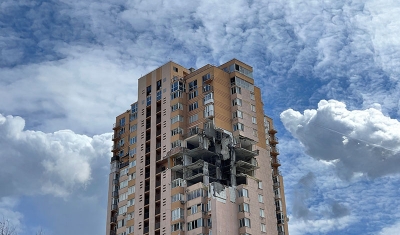How to prevent COVID-19 becoming a humanitarian disaster in the context of conflict situations, refugee and IDP populations?
Right On


Diplo Foundation
The Corona Pandemic and countermeasures taken by governments are already exacerbating the situation of persons living in situations of armed conflicts and in particular those trying to escape from persecution, misery, and/or armed conflict – whether within or across national borders.
Internally displaced persons and refugees are particularly vulnerable to the rapid spread of COVID-19 because they can hardly comply with measures of confinement and/or social distancing and have limited access to healthcare facilities. In Syria, Yemen and many other places affected by armed conflict, healthcare facilities have also been destroyed or degraded, and there is a significant shortage of medical equipment and medical professionals. This shortage is aggravated by a decline in the delivery of humanitarian and development aid – in the immediate due to problems in shipping and transportation, but in the long term probably also by changing priorities of donor funding.
Persons already vulnerable face immense threats, whether due to the degrading situation in camps or the impossibility to leave zones of conflict altogether. Many western countries have opted for a policy of closed borders to protect their populations from further spread of COVID-19. This includes suspension of migratory and refugee management and a factual break-down of the asylum system.
The discussion of those humanitarian challenges will also contrast in legal terms states’ obligations of due diligence to prevent the further spread of the virus with states’ obligations under international law, concerning asylum, refugee and migration management, including based upon human rights law. It will also look back into how these issues were tackled in past situations of pandemics.
Moderator
- Annyssa Bellal, Strategic Adviser on International Humanitarian Law (IHL) and Senior Research Fellow, Geneva Academy
- Andrew Fagan, Director, Human Rights Centre, University of Essex
Panelists
- Mohammed Al-Hadid, President, Jordan Red Crescent
- Cédric Cotter, Researcher, International Committee of the Red Cross (ICRC)
- Geoff Gilbert, Professor of International Human Rights and Humanitarian Law, School of Law and Human Rights Centre, University of Essex
- Cecilia Jimenez-Damary, United Nations Special Rapporteur on the Human Rights of Internally Displaced Persons
- Marriët Schuurman, Director Stability and Humanitarian Aid, Dutch Ministry of Foreign Affairs
Registration
To join the discussion, you need to register here.
‘Right On’: The Wednesday Web Chat
‘Right On’ is a new digital initiative – co-organized by the Geneva Academy, the Geneva Human Rights Platform, the Geneva Internet Platform, the DiploFoundation, the Universal Right Group, the Human Rights Centre at the University of Essex, as well as the Permanent Missions of Denmark, Norway and the Netherlands to the United Nations in Geneva – that will keep the human rights dialogue going during these COVID-19 times.
Every Wednesday at 15:00, experts and practitioners will discuss key human rights issues related to the current health crisis.
Video
Right On: How to prevent COVID-19 becoming a humanitarian disaster in the context of conflict situations, refugee and IDP populations?
In this online event of the ‘Right On’ digital initiative, panelists discussed how the Corona Pandemic and countermeasures taken by governments are already exacerbating the situation of persons living in situations of armed conflicts and in particular those trying to escape from persecution, misery, and/or armed conflict – whether within or across national borders.










